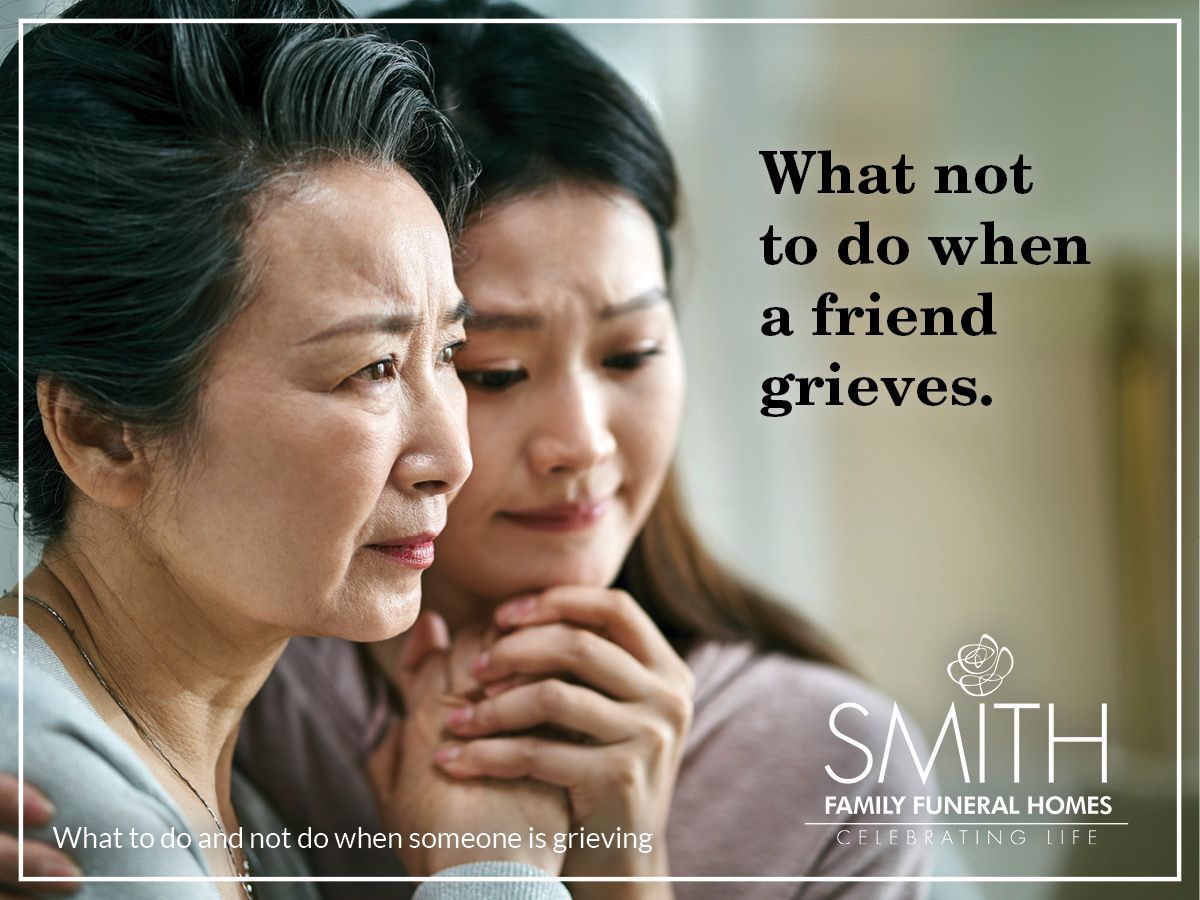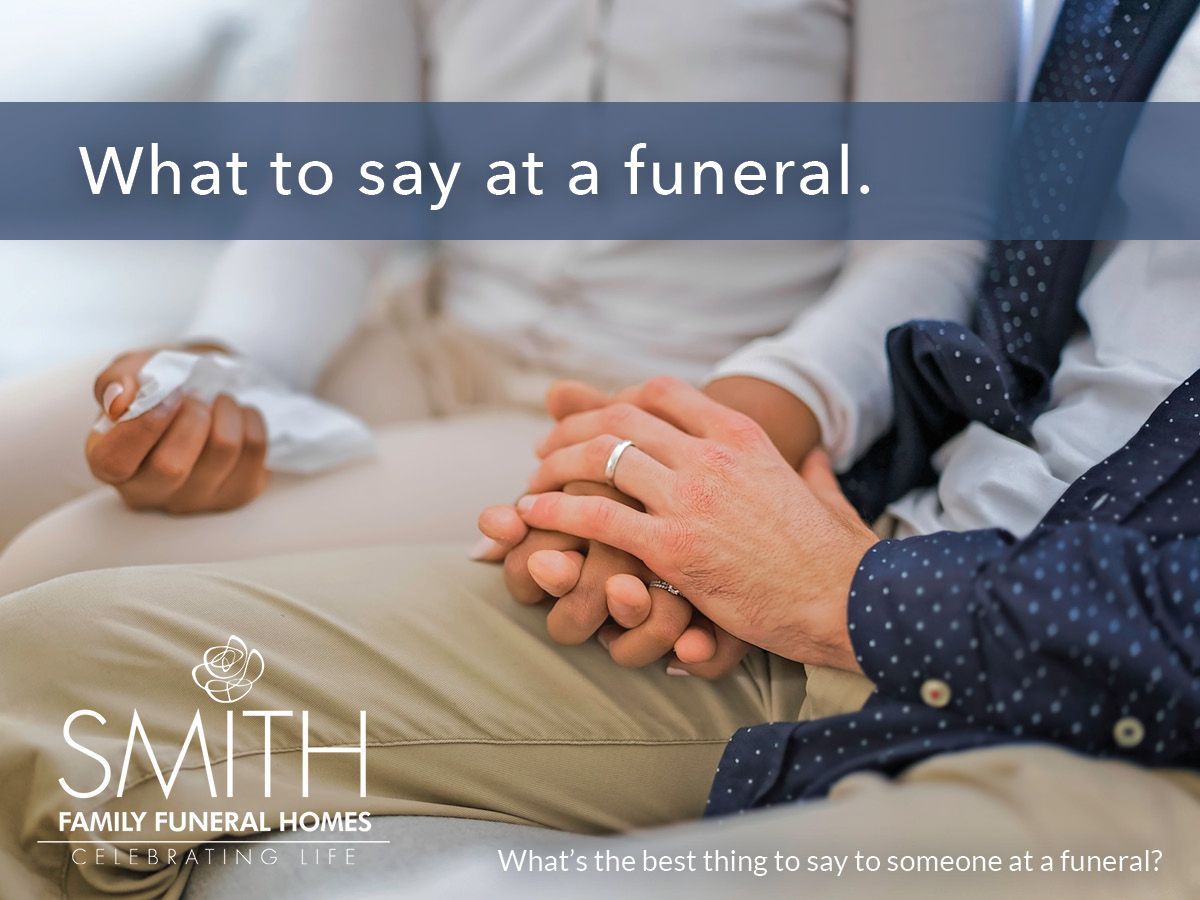
When a loved one dies, family and friends don’t have much time to begin the process of a funeral. That’s why funeral homes are always prepared to help them learn about their options and guide them toward what’s right for them and right for the one they love. For many funeral homes, a part of funerals is embalming the decedent to prepare them for their loved ones’ goodbye. But what exactly is embalming? And why do we do it?
What is embalming?
Embalming is a common procedure that helps to slow the decomposition process after a decedent passes away. Embalmers use embalming fluid to accomplish this after preparing them through cleaning and massage. This is also when the embalmer will perform post-mortem surgery to help reconstruct a decedent who received grave, disfiguring injuries before their death. The embalmer will also ensure that the person looks like how they did in their lifetime. That typically means practicing mortuary cosmetology and giving the decedent a peaceful, comfortable look.
How did embalming start?
It’s estimated that about 50 percent of decedents are embalmed in the United States every year. But embalming has a history much longer than the U.S. has been around. The Ancient Egyptians were considered the first to engage in any form of embalming, though the way that they did it looks significantly different from how we embalm today.
A different form of embalming called arterial embalming was introduced to the public by Jean Gannal in 1838, and it’s that form of embalming that is more mainstream today. But you can thank the Civil War for why it became so popular. Many wealthy northern families wanted their loved ones sent home after they died on the battlefield. But because people begin decomposing just minutes after they die, shipping decedents home wasn’t easy. Field embalmings became a common way for Americans to attempt to send those men home to their families.
Embalming became a wartime activity, but it would take one very significant adopter of embalming to turn it from something done for soldiers into something done for everyone. After President Abraham Lincoln was assassinated, he was preserved through embalming to allow for him to travel across the country to his final resting place in Springfield, Illinois. Along the way, thousands of Americans came out to pay their respects. For many, this was the first time that they had ever seen an embalmed person. Since then, embalming has become a standard procedure for funerals and viewings.
Why are people embalmed?
Embalming cannot entirely stop the decomposition process, but it does slow it down, which is crucial for several reasons. If a loved one dies away from home, many states require that they are embalmed before being shipped back to their home state. But even if a loved one dies in the same place where they will hold their funeral, they may still have to be embalmed.
Every state has different rules and restrictions about when someone must be embalmed, but generally, most people must be embalmed if they are not either cremated or buried within 24 or 48 hours of their death. Considering that most funerals in the U.S. take place between three to seven days after a loved one’s death, it makes sense why embalming is so prevalent.
But ultimately, embalming is done for the decedent’s loved ones. Because people start to decompose so quickly after they die, someone who is not embalmed will not look like themselves when it comes time for the funeral or viewing. Saying goodbye to someone you love is always hard, but it becomes much more challenging when that person is unrecognizable. Embalming gives friends and family a chance to say a final goodbye to their loved one while that loved one looks like how they remember.
Embalming is a gift for family and friends, allowing them to see the one they love in a respectful, dignified state. Embalmers strive to make the decedent look as close to as they did in life as possible. When someone is embalmed, their loved ones will know that the last time they view the person they love, they will look like themselves, affording closure by seeing that they are at peace.
Smith Family Funeral Homes provides quality funeral, memorial and cremation services to the families of Central Arkansas. Their six locations can be found in Little Rock, North Little Rock, Westbrook, Sherwood, Benton and Arkadelphia. With a privately-owned crematory operated by licensed professionals, Smith Family Funeral Homes can guarantee their high standard of care throughout the cremation process. To learn more, visit smithfamilycares.com.













